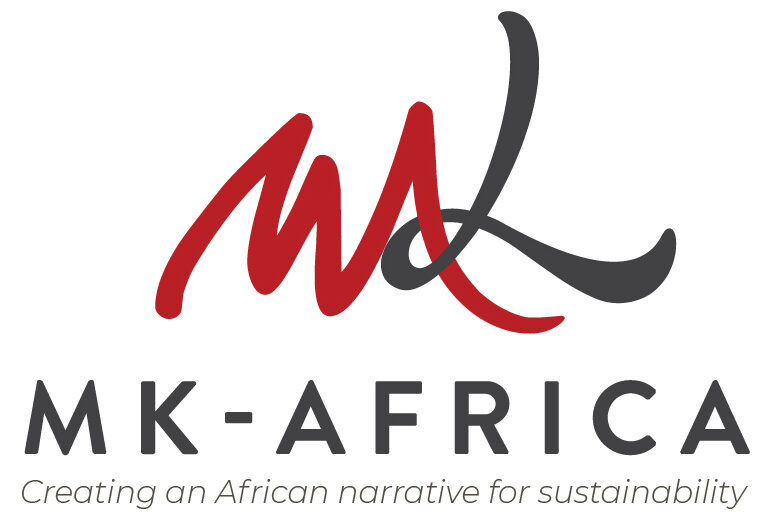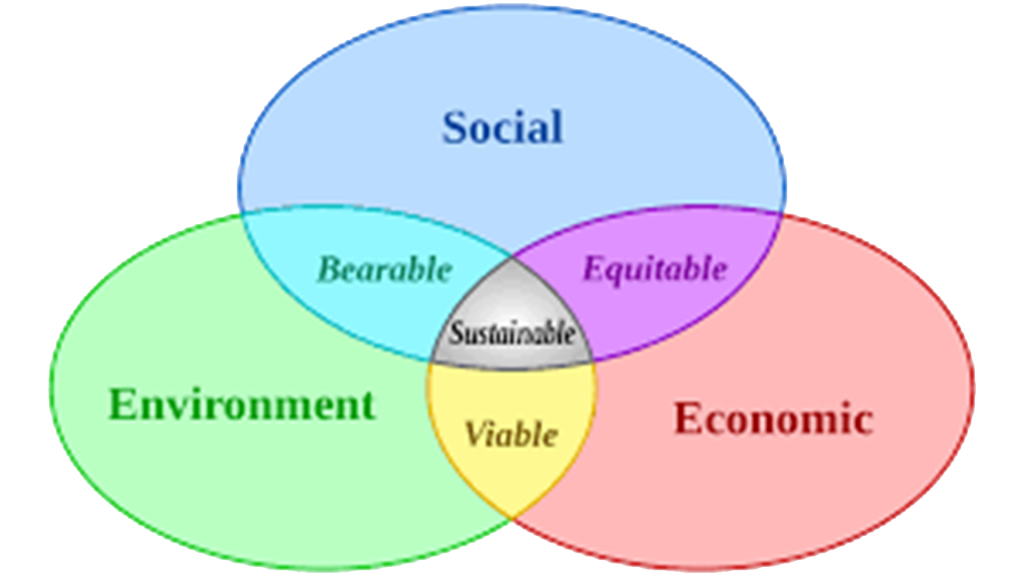In the twentieth century, marketing became a new driver of change in society. Beyond the awareness that the products we consume are marketed to us; we should also be aware that marketing processes also determine the political leaders we choose, where we invest our savings, where we go to learn, whether we take care of our own health or support a range of social initiatives. At the same time, fairly traded products have been one of the great recent success stories in marketing. The term fair trade was created in 1985 by author Michael Barratt Brown. Fair Trade organizations moved away from selling handicrafts to focus on agricultural commodities and the difference that fair prices could make on the producer communities. The success of Fair Trade companies over the last 2 decades has partly been driven by the increasing sophistication of their marketing which instead of appealing just to consumers’ ethical values, sought to compete against mainstream competitors in terms of product quality, pricing, and packaging.
The key facets of sustainability marketing are not just about creating awareness about a company’s sustainability credentials and ‘Fair Trade’ label but also about promoting quality products that are well packaged and made conveniently available to consumers. Sustainability marketing also places an emphasis on building a relationship between the final consumer and the people and communities behind the products they buy.
Why one may wonder, is all this important?
The rapid population increase, technological changes, and unprecedented economic growth of the twentieth century all combined to pose a number of challenges including climate change and health. Climate change, especially, has become an issue that has woven together many of the other challenges facing humankind as either a cause or an effect. I recently read a media story about snakes that are raiding the homes of residents of Kandui village in Mwingi, Kitui County due to the effects of climate change. Experts say that as a result of the warming climate, the snakes have been forced out of previously cooler habitats. The clearing of forests and the frequent droughts force the reptiles to go into people’s houses in search of water. The KWS director general William Kiprono says the government has set aside Sh3 billion to compensate victims of human-wildlife conflicts but confirmed that increased snakebite cases were overwhelming the agency. Snakebite incidents have dramatically gone up in the last 10 years, from 20 reported cases in 2003 to more than 300 last year. Similarly, in the United States, President Obama has said that global warming isn’t just affecting the weather, its harming Americans’ health. Obama’s effort to link climate change to health comes as he works to build support for steps he’s taken to curb U.S. emissions, including strict limits on vehicles and power plants.
A report published by the United Nations’ World Commission on Environment and Development in 1987 described sustainable development as a meeting of needs of the present without compromising the ability of future generations to meet their needs. It is essential that companies take an ethical stand on development issues – individuals will not do it and governments are notoriously slow. Progressive businesses are taking tangible steps towards making a net positive contribution to communities, society, and the environment. And it is paying off. Research indicates that increasingly consumers, especially Millenials, aged between 25 and 34 years, care and are willing to pay extra for products and services from companies committed to positive social and environmental impact. They also check the packaging labels to ensure positive impact, volunteer and donate to organizations engaged in social programs, and prefer to work for a sustainable company.
When the UK retail giant, Tesco published food waste data in October 2013, the supermarket chain knew that revealing the amount of food it discarded would open it up to public scrutiny. It however understood that this was the price to pay to trigger a debate about an urgent global challenge and encourage industry-wide change. Publishing unflattering information about its operations was a bold but strategic move. Becoming a global leader in the fight against food waste is one of the ambitions set out in Tesco’s corporate responsibility strategy dubbed “We use our scale for good.” It would be interesting to see regional retail chains like Nakumatt Supermarket’s leverage on the key underpinnings of such a campaign to tackle the perennial food shortage issues that affect parts of East Africa as part of Nakumatt’s social responsibility and sustainability campaigns.
In a world that is coming to understand the social and environmental consequences of the unsustainable economic growth of the last century, it is clear that we need alternative approaches to production and consumption for the future. This cannot be achieved without abandoning the assumption that at the root of marketing activity is ‘how to sell more stuff to people’. Growing concerns about the environmental and social impacts of economic growth, and particularly concerns about the impacts of resource depletion and climate change are bound to push businesses and marketers to search for more sustainable ways of maintaining relationships with customers and delivering value to them. Ultimately if humankind is to avoid environmental and social disaster caused by unsustainable patterns of business, growth, and lifestyle that emerged during the last century, marketing has an important role to play as a pathway to delivering transformation for sustainable development.



